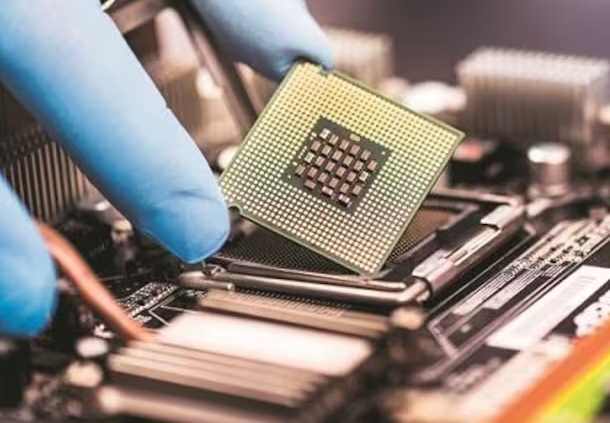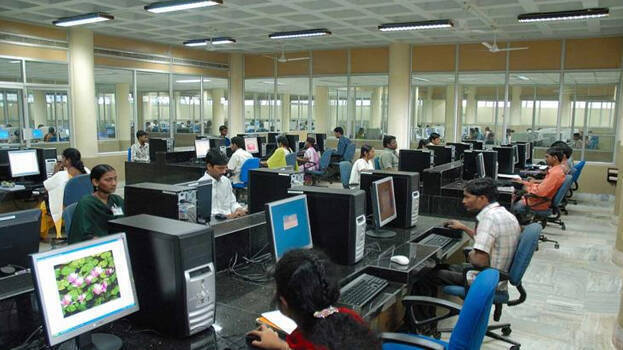Expected to become a $100 billion industry by 2030, the expansion is poised to generate approximately 1 million global jobs by 2025–2026, aligning with India’s broader economic and industrial growth objectives…reports Asian Lite News
As India embarks on its ambitious semiconductor journey, the country will require 2.5 lakh-3 lakh skilled professionals by 2027 across Research and Development (R&D), design, manufacturing and advanced packaging domains, a report showed on Monday.
De-risking initiatives by the world’s leading electronic manufacturers, coupled with targeted government initiatives and India’s talent pool, have led the country to occupy a key position in the global semiconductor manufacturing space, according to the report by TeamLease Degree Apprenticeship.

Expected to become a $100 billion industry by 2030, the expansion is poised to generate approximately 1 million global jobs by 2025–2026, aligning with India’s broader economic and industrial growth objectives.
The Electronics Sector Skill Council (ESSC) currently offers over 35 apprenticeship courses under the National Apprenticeship Promotion Scheme (NAPS) scheme to address skill shortages at various levels of entry-level work.
To address this gap, the TeamLease Degree Apprenticeship is actively collaborating with academia, government bodies, and industry leaders.
Ramesh Alluri Reddy, CEO of TeamLease Degree Apprenticeship, emphasised upon the need to increase employment in India, especially in light of the $15 billion investment in three semiconductor plants.
This investment results from the India Semiconductor Mission (ISM) and the Production Linked Incentive (PLI) scheme.

“Advancements in AI-driven technologies are pushing India towards higher-value activities in the semiconductor industry. AI-powered chip design and smart manufacturing are creating a demand for professionals skilled in artificial intelligence (AI), Internet of Things (IoT) and 5G,” said Reddy.
Building an ecosystem for higher value creation activities and cultivating a competent workforce through degree apprenticeships and training programmes is crucial to establish India as a significant player, the report mentioned.
Meanwhile, India’s emerging sectors like renewable energy and semiconductors are expected to make rapid advances on the back of the recent initiatives by the government, according to the RBI’s annual report released on Thursday.
The interim Union Budget 2024-25, with an allocation of ₹6,903 crore for semiconductor and display fabs, would contribute to making India a global hub for chip and electronics manufacturing, the report states.
Investments under the production-linked incentive (PLI) scheme are likely to gain further momentum going forward. These factors are expected to create new employment opportunities, improve labour incomes and strengthen domestic demand. Taking into account these factors, real GDP growth for 2024-25 is projected at 7.0 per cent, the report states.
The passage of ‘The Anusandhan National Research Foundation Bill, 2023’, has paved the way for establishing the Anusandhan National Research Foundation (NRF), which would provide a boost to research and innovation in basic science, healthcare, and humanities.
Furthermore, the National Quantum Mission (NQM), approved at a total cost of around ₹6,000 crore (2023-24 to 2030-31), would scale up scientific and industrial research and development (R&D) and innovative ecosystem in quantum technology (QT). It would propel national priorities like Digital India, Make in India, Skill India and Stand-up India, Start-up India, Self-reliant India and Sustainable Development Goals (SDGs).
All these initiatives, along with government-led investment in the infrastructure sector and increasing adoption of digital technologies, are likely to boost productivity and potential growth in the medium term, the report states.
ALSO READ: Tech industry hails Modi 3.0
ALSO READ: Recovery Signs Emerge for Paytm

